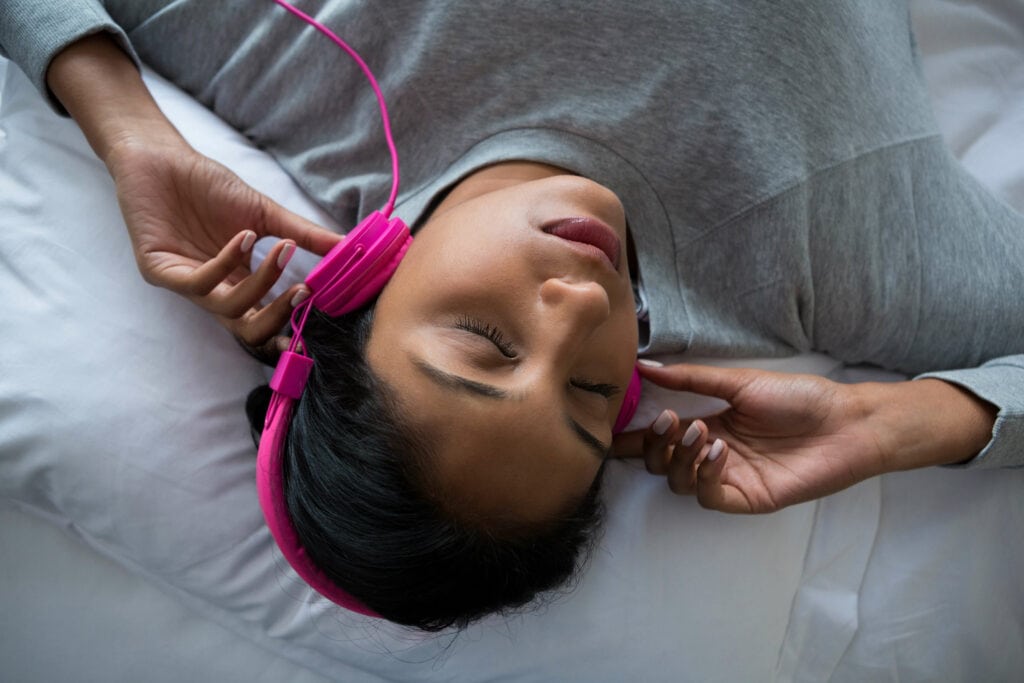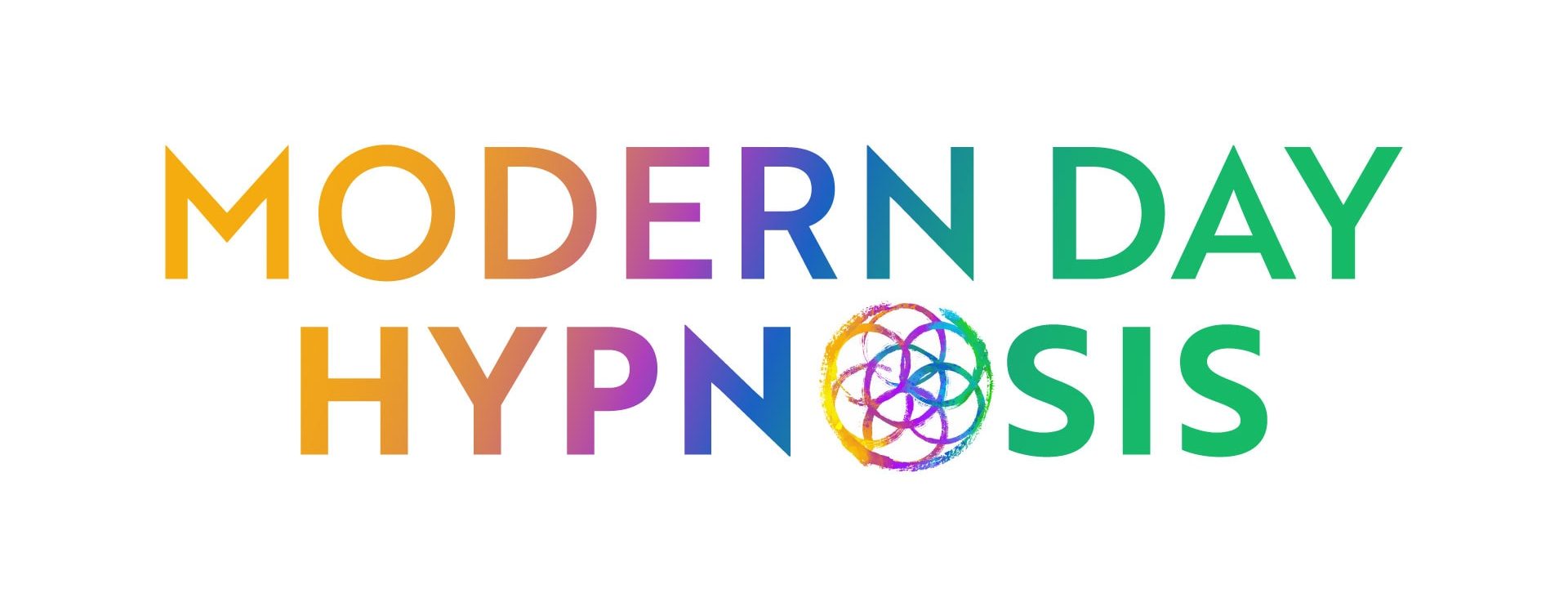9 Physiological Indications That You Are in Hypnosis

Hypnosis is quickly becoming a powerful medical remedy for various conditions, including anxiety, chronic pain, and PTSD. It’s a natural state of focused attention and heightened suggestibility that can lead to beneficial changes in behavior and thinking. Hypnosis can help you achieve your goals, overcome your fears, and improve your well-being. But how do you know when you are in hypnosis? Here are nine physiological signs to watch out for.
Slow, Jerky Movements
During hypnosis, your body becomes more relaxed and less tense. This slows down your movements and gestures or causes jerky, involuntary movements. You may also find moving your limbs or changing your posture harder. The reason is your conscious mind is less involved in controlling your body, and your subconscious mind is more dominant. It’s not a problem, as it indicates that you are letting go of unnecessary tension and allowing yourself to relax.
Muscular Release
Hypnosis can lead to deep relaxation, which occurs due to a release of tension in your muscles. This makes your muscles softer and less rigid, giving you a sense of calmness and safety. You may feel a pleasant sensation of heaviness or lightness in your limbs. Your facial muscles relax, making your expression more neutral or peaceful.
Slowed Breathing
When you’re in hypnosis, you’re in deep relaxation and healing. Your breathing slows down and becomes more regular and deeper. Hypnosis activates the parasympathetic nervous system, which is responsible for the rest-and-digest response. You breathe more from your diaphragm than from your chest, which helps you oxygenate your blood and calm your nervous system.
Increased Swallowing
Some people experience increased swallowing during hypnosis as it stimulates saliva production in the mouth. You tend to be more relaxed and focused, and your thorax muscles relax, increasing saliva production. With more saliva present in your mouth, you may need to swallow more frequently.
Pupil Dilation or Red Eyes or Increased Tearing
Hypnosis affects the activity of the iris muscles, which control the size of the pupils. It means your pupils may dilate or become larger, and your eyes become more sensitive to light and color. Hypnosis may also increase blood flow to the eyes and stimulate the tear glands, which could cause eye redness and increase tear production. These changes are harmless and temporary, indicating that you are accessing deeper levels of awareness.
Rapid Eye Movement or Eye Flutter
When you’re in hypnosis, you might be in a state of vivid imagination and creativity. The condition induces a state similar to REM sleep, a phase of sleep where dreams occur. Your eyes reflect this by moving back and forth or up and down, trying to access different parts of your brain and memory. It’s not a problem, as it shows that you are processing information and emotions at a subconscious level.
Relaxed Facial Expression
When you are in hypnosis, your facial muscles relax, leading to a softer, more relaxed appearance. Hypnosis puts you in a state of positive emotions such as happiness, peace, or love on your face. Your facial expression reflects this by becoming smoother and gentler, giving you a more serene and calm expression.
Perceived Body Warmth
During hypnosis, you may feel a sense of warmth or coolness more than usual. Hypnosis might alter your body temperature regulation, making you more sensitive to external or internal changes. You may also feel heat or cold in specific body areas, such as your hands or feet.
Unique Hypnotic Indicators
A specific physiological indicator may be unique to you when you’re in hypnosis. This could be a slight twitch, a feeling of weightlessness, or a unique gesture or movement. It can be something you do consciously or unconsciously, such as tapping your fingers, nodding your head, or crossing your legs. There is no ‘wrong’ way to physiologically react to hypnosis.
Although many consider hypnosis to be a relaxed state, there is also massive change which occurs during conscious, aware conversation and logical thinking. You might choose to do so with a trained professional or through your own self-hypnosis.
Unlock the Power of Hypnosis Today
Hypnosis is a powerful tool that can help you improve your life. It’s associated with various physiological indicators, including slow, jerky movements, muscular release, slowed breathing, increased swallowing, pupil dilation, rapid eye movement, relaxed facial tonus, and hypnotic sign.
While these physiological indicators can suggest you’re in hypnosis, they’re not definitive and they are not harmful. Everyone experiences hypnosis differently, and there’s no one-size-fits-all checklist. That’s why consulting with a professional hypnotist is advisable to understand your signs. Start your hypnosis journey today with our self-hypnosis training, or book an appointment with a certified hypnotist today.
- About the Author
IACT Trainer:
The International Association of Counselors and TherapistsDEHI Trainer:
The Dave Elman Hypnosis InstituteNGH Hypnotist:
The National Guild of HypnotistsIACT Hypnotist:
The International Association of Counselors and TherapistsIMDHA Hypnotist:
The International Medical and Dental Hypnotherapy Association
Hypnosis
Have You Tried It Yet? It Really Works!
